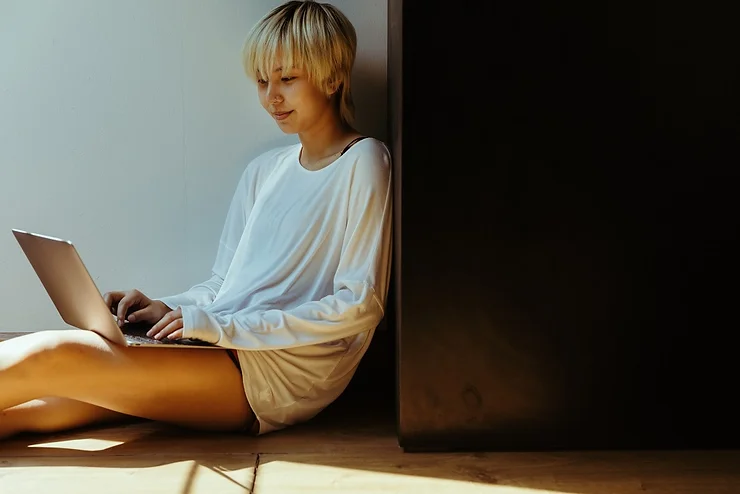In today’s world, social media is a constant presence. We’re checking notifications, scrolling feeds, and engaging with content from the moment we wake up. Platforms like Instagram, Facebook, TikTok, and X (formerly Twitter) offer a sense of connection, entertainment, and even inspiration. But for all the benefits they offer, social media can also have a significant impact on mental health—both positively and negatively.
Understanding how to use social media mindfully is essential for protecting your emotional well-being. In this guide, we’ll break down the pros and cons, offer helpful “do’s and don’ts,” and share expert tips for setting healthy boundaries.
📱 The Double-Edged Sword of Social Media
Social media can be a powerful tool for staying in touch with friends and family, celebrating achievements, finding support during difficult times, or joining like-minded communities. But overexposure, comparison, and digital dependency can contribute to anxiety, depression, low self-esteem, and even sleep disturbances.
✅ Social Media Do’s
Make social media work for your mental health, not against it. Here are smart, supportive ways to engage:
🎉 1. Celebrate Wins—Yours and Others
Sharing joyful milestones like a graduation, engagement, new job, or personal achievement can spark happiness. Support your friends’ wins and allow yourself to feel proud of your own.
🧠 2. Follow Accounts That Inspire or Educate
Curate your feed with content that adds value—whether it’s financial wellness, mental health tips, nutritious recipes, or exercise routines. This can boost motivation and keep you aligned with your personal goals.
👥 3. Join Positive Online Communities
Engage with Facebook groups, subreddits, or Instagram circles centered around your interests—like gardening, fitness, mental health, or books. Meaningful connections with like-minded people foster a sense of belonging and reduce isolation.
❌ Social Media Don’ts
Social media burnout and negativity are real. Avoid these behaviors to protect your peace of mind:
😔 1. Don’t Follow Negative or Toxic Accounts
If someone’s posts consistently bring you down, it’s okay to mute, unfollow, or block them. Protecting your peace is more important than staying digitally connected.
⏳ 2. Don’t Let Scrolling Replace Productivity
If you’re procrastinating or doom-scrolling, take a moment to reset. Constant scrolling can reinforce avoidance behaviors and increase anxiety or guilt.
📸 3. Don’t Compare Your Life to Edited Highlights
Many social media influencers curate and heavily edit their content. Comparing your life or body to someone else’s highlight reel is not only unfair—it’s damaging. Remember: you’re only seeing a filtered fraction of their reality.
🧘♀️ Tips for Healthy Social Media Use
If you’re feeling overwhelmed or mentally drained by social media, here are a few steps you can take:
🛑 1. Take a Digital Detox
A short break—24 hours, a weekend, or even a full week—can help reset your perspective and reduce emotional fatigue.
⏱️ 2. Set Time Limits
Use your phone’s screen time settings to limit how long you spend on each app. Avoid social media during bedtime hours to protect your sleep quality.
🔍 3. Be Selective With Platforms
Each platform has a different culture and energy. If one app consistently makes you feel anxious, consider spending time on another—or none at all.
🤝 4. Prioritize Real-World Connections
Use social media as a supplement to offline relationships, not a replacement. Face-to-face interactions and phone calls can have a much more meaningful impact on your mental health.
🧑⚕️ 5. Seek Support When Needed
If social media is contributing to chronic anxiety, depression, or low self-esteem, talk to a mental health professional. Therapy can help you develop healthier coping strategies and boundaries.
🧩 Final Thoughts: Balance Is Key
Social media isn’t inherently good or bad—it’s all about how you use it. By practicing mindful habits and setting boundaries, you can enjoy the benefits of digital connection without sacrificing your mental well-being.
Stay aware. Stay in control. And always prioritize your mental health first.


